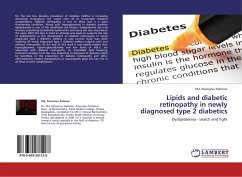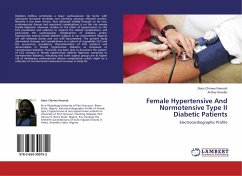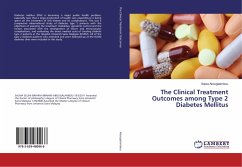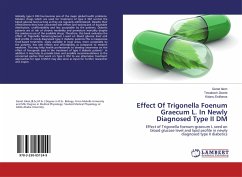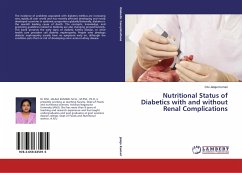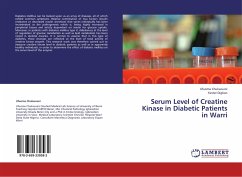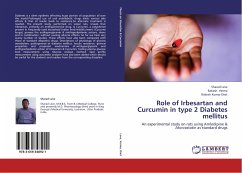For the last few decades prevalence of diabetes mellitus is increasing alarmingly throughout the world with all its irreversible dreadful complications. Diabetic retinopathy is one of them and is a sight threatening condition. Along with hyperglycaemia in diabetic patients dyslipidaemia is one of the modifiable risk factors. Dyslipidaemia not only worsens preexisting endothelial dysfunction and injury but also may induce the same. With this idea in mind an attempt was made to evaluate the role of dyslipidaemia in the development of diabetic retinopathy in newly diagnosed type 2 diabetes mellitus. A case control study was done involving 85 newly diagnosed type 2 diabetes mellitus subjects with and without retinopathy. At the end of this work it was clearly evident that hyperglycaemia, hypertriglyceridaemia and low levels of HDL-C are associated with diabetic retinopathy. So intensified lipid lowering treatment strategy from the very beginning at diagnosis of diabetes might be beneficial in the prevention of diabetic retinopathy and other atherosclerosis related complications as vasculopathy plays the key role in all these chronic complications.
Bitte wählen Sie Ihr Anliegen aus.
Rechnungen
Retourenschein anfordern
Bestellstatus
Storno

